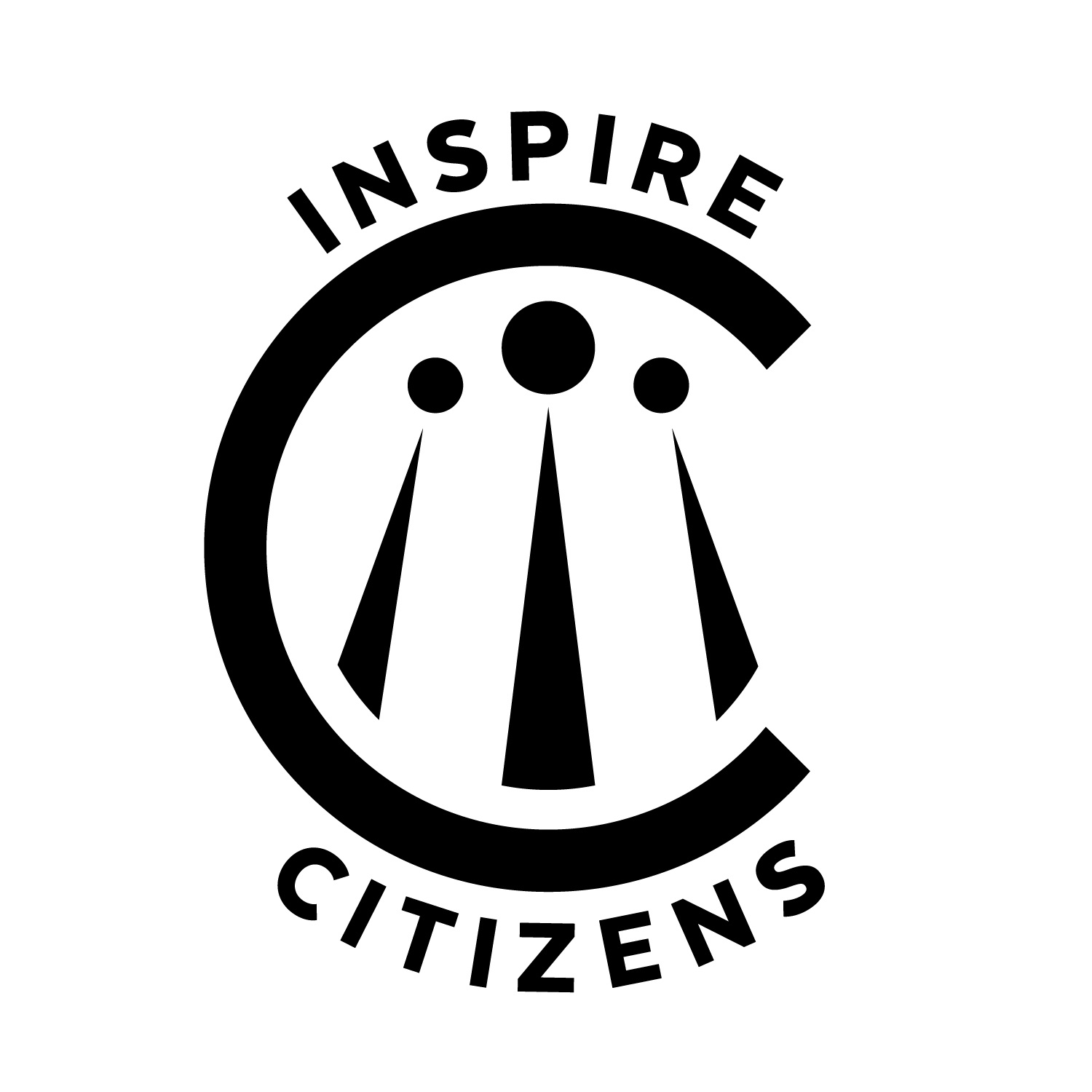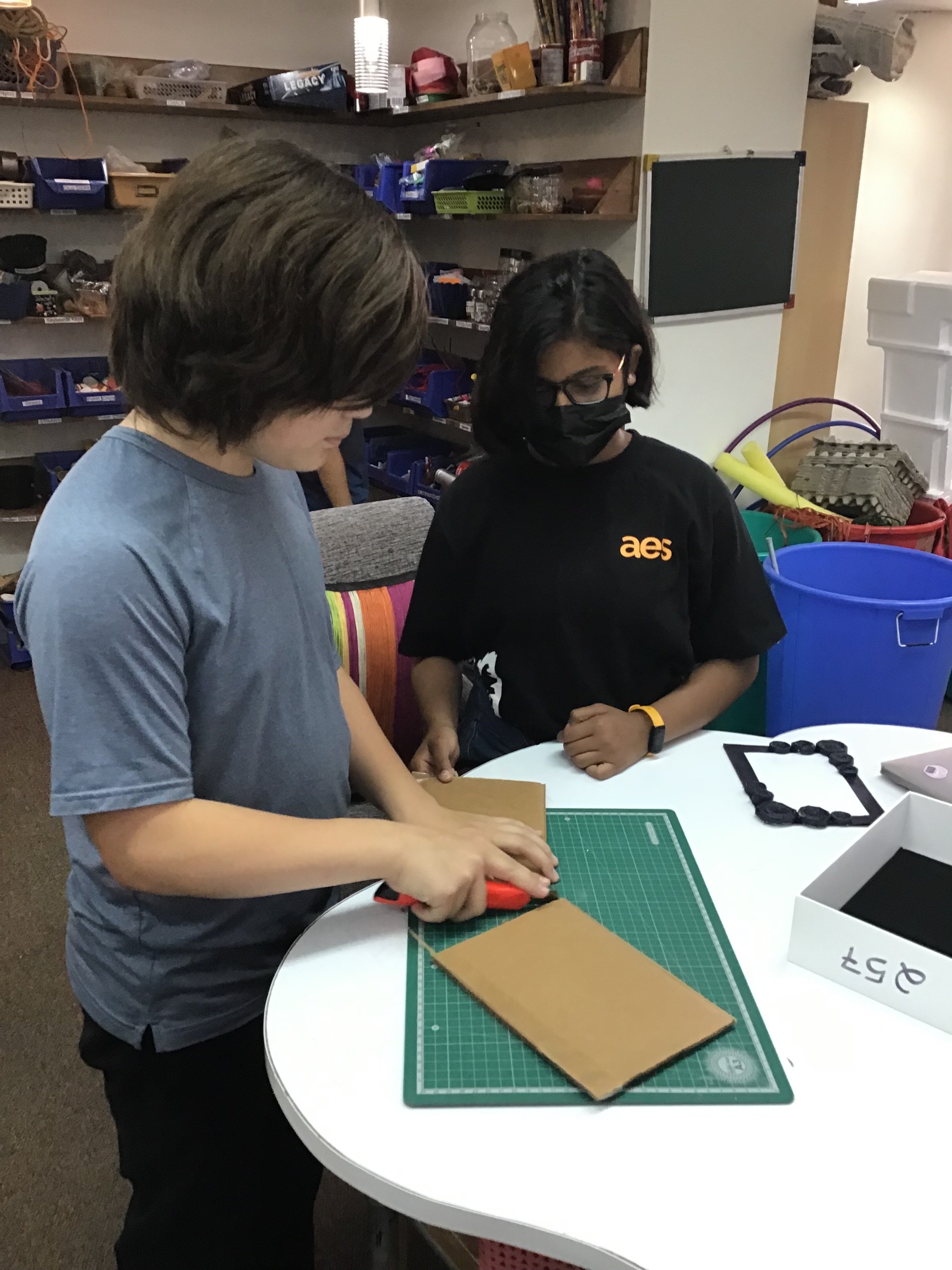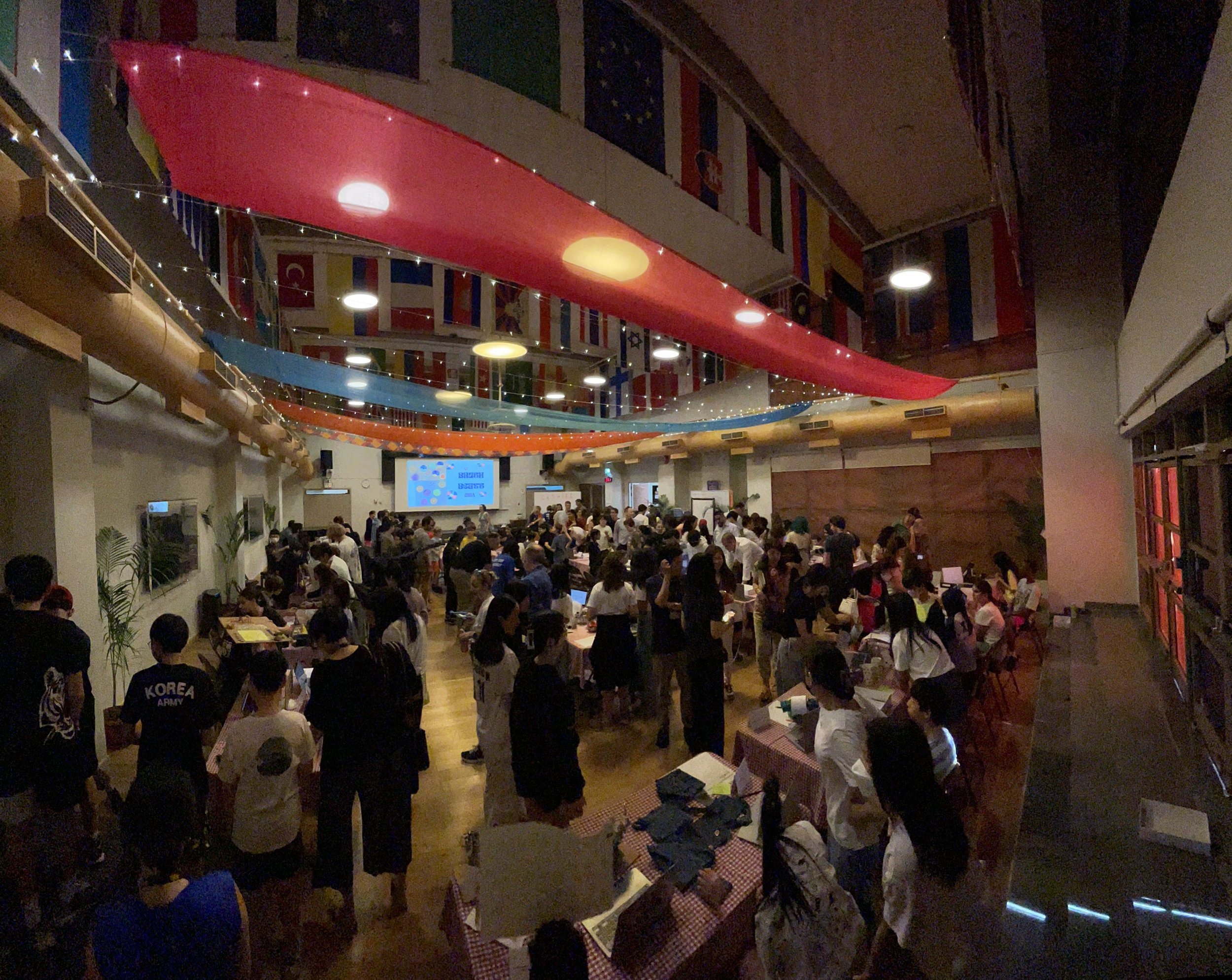Empathy to Impact: A Journey into Upcycling and Sustainable Education
AES 6th graders working in the makerspace to create upcycled designs.
In the heart of New Delhi, India, at the American Embassy School (AES), Grade 6 teacher Rachel Pregont finished the last school year with a transformative journey with her students, diving deep into the principles of upcycling and the benefits of a circular economy. This exemplary unit, rooted in the Inspire Citizens' Empathy to Impact cycle, showcased the stages of care, aware, able, and impact, and illustrates the power of learning experiences to drive meaningful change.
Rachel, who has been teaching at AES for two years after seven years in Brazil, recently shared her enthusiasm about the unit, highlighting the collaborative efforts and the foundation laid by the previous teacher, Megan Kuemmerlin. The AES partnership with Inspire Citizens and co-founder Aaron Moniz, the continuity of the curriculum, and the support from the previous teacher created a conducive environment for Rachel to build and expand the unit.
“The focus of the unit was on Sustainable Development Goal 12, responsible production and consumption,” says Rachel. “I introduced the Question Formulation Technique (QFT), using an image of the circular economy as a prompt and this set the stage for the students to explore concepts of consumerism and consumption.”
A pivotal moment in the unit was an exploration of the "off ramp" in the circular economy, the point where items are discarded and often end up in landfills. Rachel encouraged her students to contemplate the lifecycle of products and consider alternative ways to keep items in circulation.
Building on the design cycle from the previous year, students engaged with the school's makerspace and technology resources. Using discarded items like cardboard, styrofoam, and bubble wrap, they designed and prototyped upcycled products with a goal of creating a fair to sell upcycled creations.
The process was well-documented through a process journal slideshow, incorporating reflections and feedback from peers. Students did market research and considered their ideal customers and the environmental impact of their products. And, after weeks of working in the makerspace to create their products, the culmination was a vibrant fair where students showcased their creations and their emerging understanding of responsible production and consumption.
The community engagement was excellent and nearly every student sold out of their products. The funds raised, totaling $466 USD, were directed to a local organization (https://swechha.in/) championing sustainable initiatives and upcycling.
To address the issue of sustainability further, a T-shirt swap was organized alongside the fair, drawing attention to the fast fashion industry.
Reflecting on the success of the unit, Rachel emphasizes the importance of flexibility and providing students with time in the makerspace. She also reflects that teaching this content when students are beginning to become more active with service is impactful.
“The energy and enthusiasm generated by the project were palpable, and our families actively participated in the fair, which was really exciting for the students,” says Rachel. “This year, I want to help the students improve the quality of their products even more, and we’re planning to collaborate with the English department in relation to an informational writing unit where they can research and write about sustainability.”
This unit allows students to do a deep dive into caring about sustainability and responsible consumption and production, being aware of their role as consumers, feeling able to design upcycled products and advocate for sustainable mindsets, and creating impact through the final product fair. Aaron’s role as a coach and mentor in facilitating this application of the empathy to impact model has been invaluable, and he’s excited to see what will continue to evolve with this global citizenship unit in this academic year and beyond.
Below: photos from the grade 6 unit and upcycling fair from May 2023.





